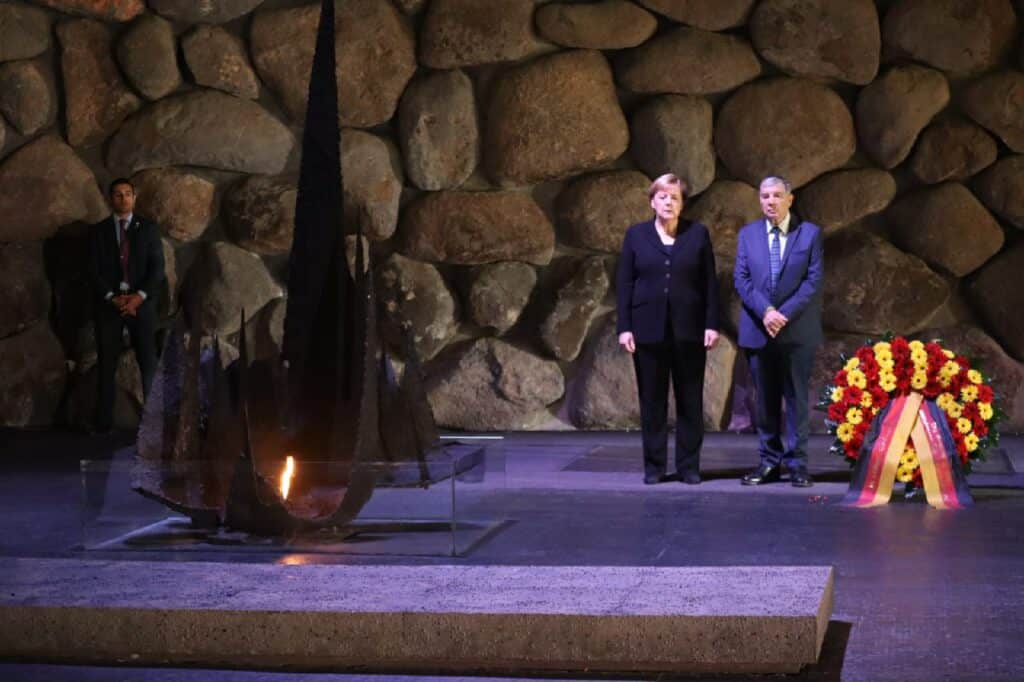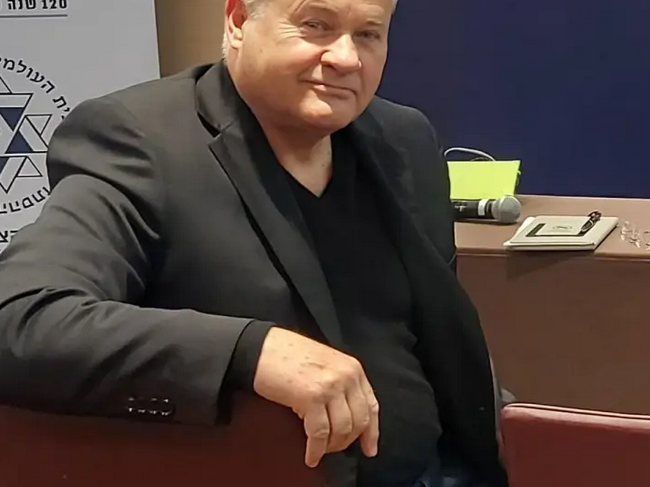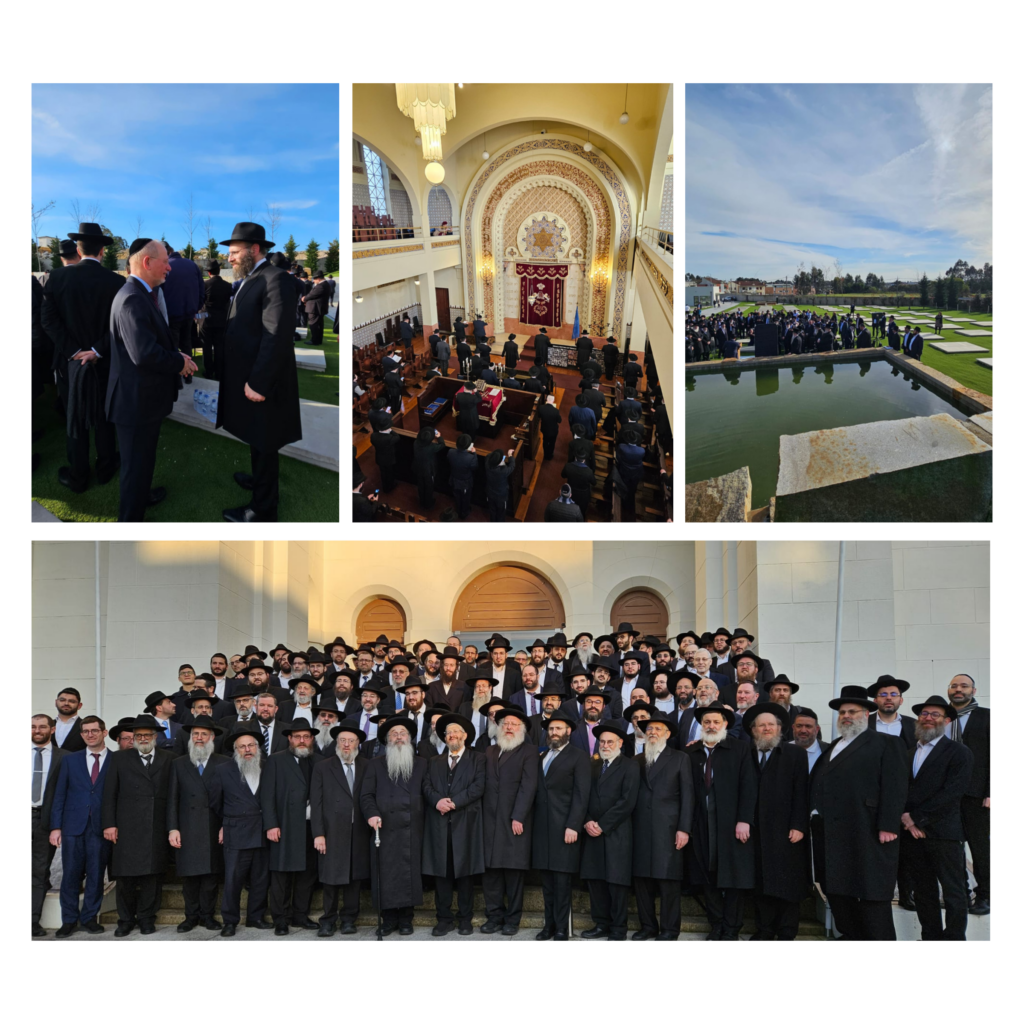A cross party group of 60 Members of the European Parliament have urged the EU’s Foreign Affairs Chief, Federica Mogherini to marginalize, both financially and politically organizations such as BDS (Boycott, Sanctions and Divestment) that are increasingly becoming a virulent source in the spread of anti-Semitism and anti-Zionism under the pretense of exercising freedom of speech and association.
The unprecedented initiative, spearheaded by representatives of the four major political groups, MEP Cristian DAN PREDA, MEP Ioan Mircea Pascu (S&D, Romania) and a Vice-President of the European Parliament, MEP Petras Austrevicius (ALDE, Lithuania), MEP Arne Gericke (ECR, Germany) “calls upon ensuring that no public funds go to organizations calling for a boycott of the State of Israel, and to instruct agencies not to engage with companies, organizations or other entities involved with the BDS movement”.
MEP Cristian DAN PREDA, foreign affairs coordinator for the largest political group, the European People’s Party, and co-initiator of the letter underlined his party’s opposition to calls for the suspension of the bilateral agreements with Israel as some of his extreme left wing colleagues echo directly from the BDS playbook. “It’s in the interest of this House, and of our citizens, to see an upgrade in the partnership agreement with Israel. We should not allow the current stalemate in the peace process to dictate the terms of our relationship with Israel.”
Swedish MEP and President of EIPA’S political Board Lars Adaktusson – a co- signatory – underlined that “the Union, and the Parliament, is in danger of being deemed irrelevant as a peace broker if it fails to address the incitement on its own soil against Israel.”
Vice President of the European Parliament, Ioan Mircea Pascu concluded that “boycotting strategic ties with Israel, a leader in the intelligence and defence international community, may prove counterproductive to the common security interests of both EU and Israel”.
The 60 signatories, among which are Chair of Security and Defence, MEP Anna Fotyga (ECR, Poland), Vice-Preident Pavel Telicka (ALDE, Czech Republic), Dietmar Koster (S&D, Germany), Vice-Chair of Human Rights Beatriz Becerra (ALDE, Spain) urged their Foreign Affairs chief to “address the incitement to hatred and violence and discriminatory practice of calls for boycotts, divestment and sanctions against the State of Israel.”
Europe Israel Public Affairs Founder Rabbi Menachem Margolin welcomed the initiative of the 60 MEPs: “Israel sometimes feels misunderstood by Europe, and this leads to a further strain on the relations. The European Parliament takes pride in its diversity, and we are glad to see such a wide support for investment, rather than divestment from something that has been for more than 3 decades a mutually advantageous bilateral relation”.





















